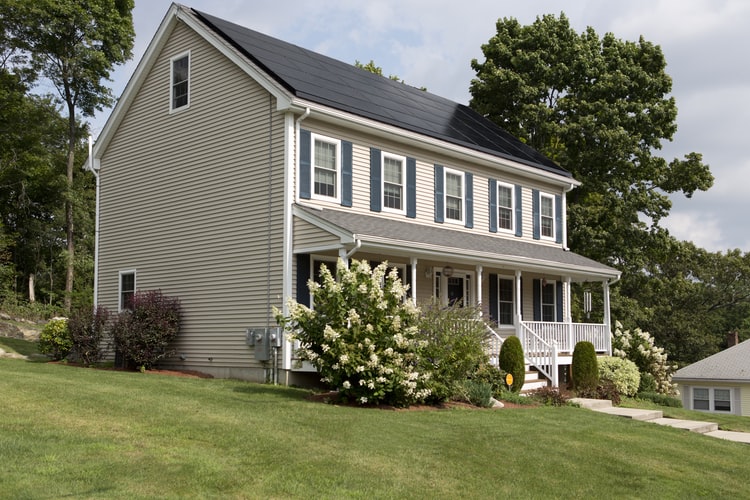
An energy-efficient home will save you money, but more importantly will reduce the enormous burden on the environment and go some way towards halting climate change related disasters. Here are five effective ways to cut down on the energy used in your home. These methods may cost you right now, but will pay off in the long run. Remember to also incorporate some lifestyle habits, like switching off lights when not in use. This will all work together and make a difference to your energy consumption patterns.
Come up with a comprehensive plan:
According to the U.S. Department of Energy, 44 percent of utility bills are the result of heating and cooling systems in the home and nine percent of the total utility bill comes from your refrigerator. Take a look at your itemized utility bill and work out where most waste comes from. Then make a plan on how you can cut your energy from there that involves the whole house. Concentrate on a comprehensive plan rather than a plan that targets individual areas.Get an energy audit:
Energy audits cost very little and are an efficient way to identify whether your current heating or cooling system needs an update or a replacement. There are services where contractors compare the energy systems of your whole house against your utility bill and offer a list of recommendations and improvements that you could make based on their findings. It is definitely worth it to invest in greener energy systems if you need to, since these will save you money in the long run and even increase the value of your home.Seal all vents, ducts and radiators:
The ducts that carry hot or cold air through your house need to be insulated. This will save you up to 20- percent in heating and air conditioning costs.Utilize the heat from the sun:
Let in sunlight from the eastern and southern windows of your house during the day. The room will stay warm when the sun goes down for a lot longer if you make a habit of closing the shades in the evening. This will limit your use of the thermostat and save you up to 10 percent a year.Replacing or updating old appliances:
Appliances like washers, dryers, dishwashers, stoves and refrigerators waste a lot of energy so updating or replacing older models that don’t necessarily run at high energy efficiency is a good investment. Look for models that have an Energy Star label. When it comes to saving energy on the use of these appliances, consider making a few different lifestyle choices. If you have a small family, hand washing your vessels is a good idea and you can work it into the daily routine of the household. Your washing machine doesn’t really need to wash a load in hot water unless you’re trying to work out an oil stain. Switching to cool water for a load can cut energy use by half.Use nature to save nature:
Strategically planted trees can reduce energy for heating and cooling. Deciduous trees planted near the south and west of a home will keep a house cool in the hot months and let in sunlight during the winter. Clever landscaping can go a long way. Some trees even deflect wind away from your house. If you don’t know enough about energy efficient landscaping consult a green architect or landscape architect in your region who will be acquainted with the weather and plant life in your state.
Tags: Home and Gardening








